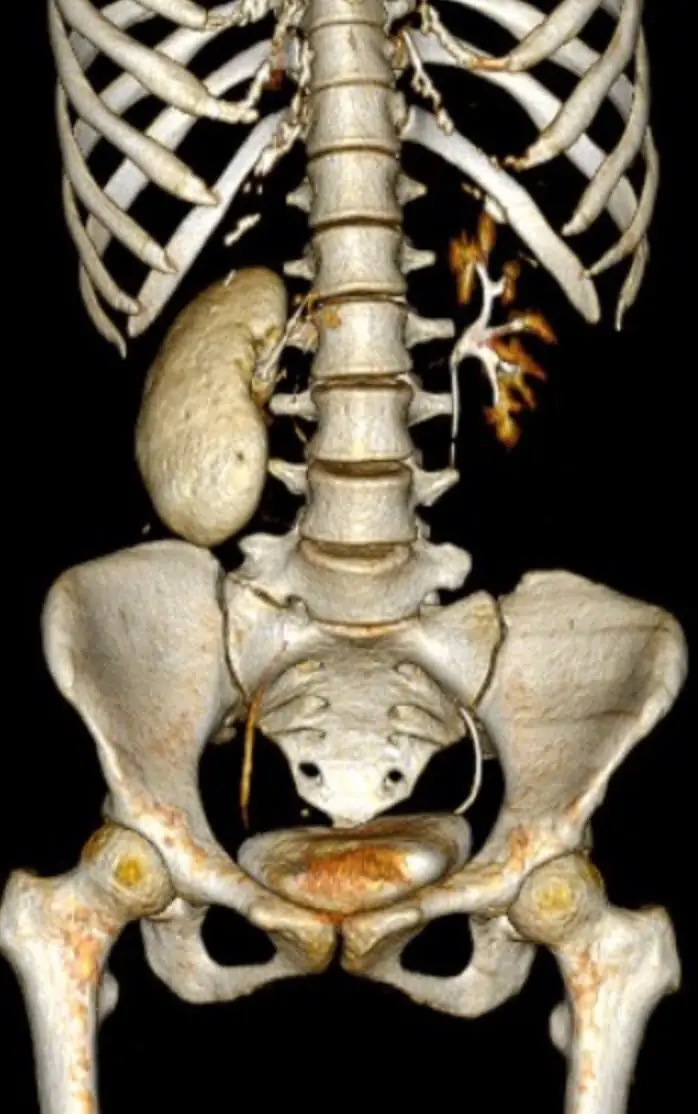
Just a stomachache, the man faced death in a heartbeat
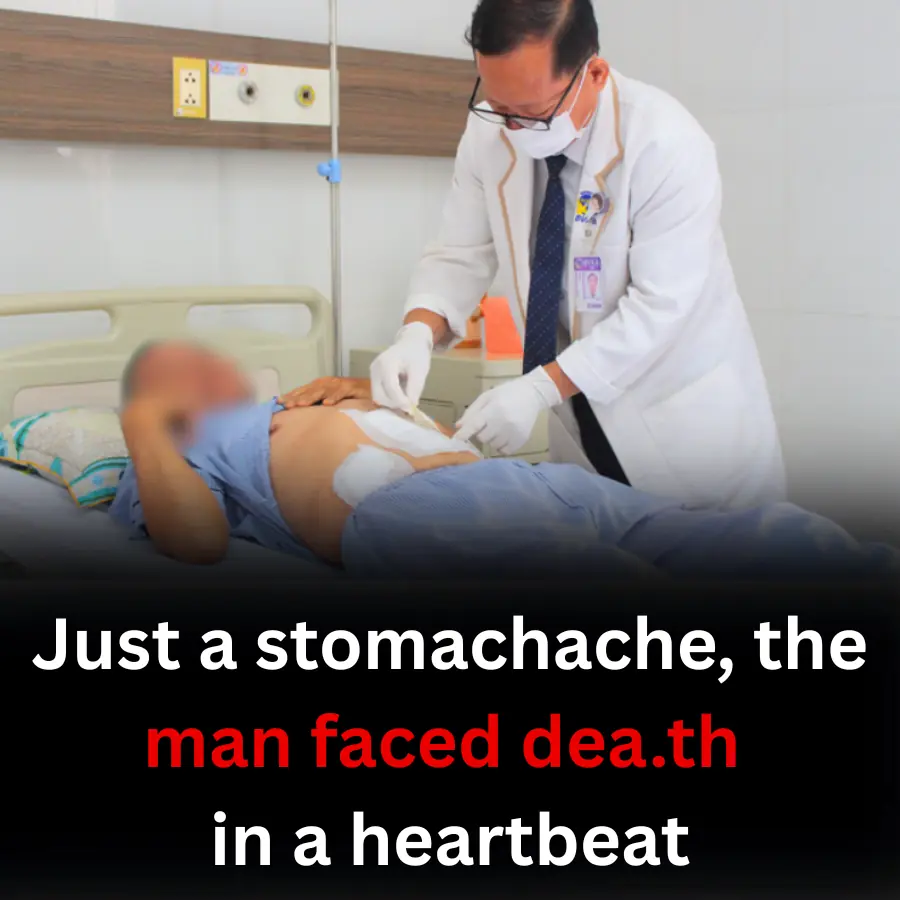
“Just a Stomachache,” the Man Faced Death in a Heartbeat
When 58-year-old Mr. K woke one morning with a dull ache in his lower abdomen, he assumed it was the result of last night’s spicy dinner. He took an over-the-counter pain reliever, lay back down, and went about his day. By mid-afternoon, however, the pain had doubled in intensity and spread toward his back. Within minutes of arriving at the emergency department, Mr. K collapsed in shock: the dull stomachache was in fact a rapidly rupturing abdominal aortic aneurysm, and he was seconds from exsanguination.
A Hidden Killer in Plain Sight
An abdominal aortic aneurysm (AAA) is a weakening and dilation of the major blood vessel supplying the abdomen, pelvis, and legs. Most AAAs grow silently over years, producing no warning symptoms. For Mr. K, the first—and nearly last—warning was what seemed like a routine stomachache.
-
Early phase (unruptured AAA)
• Often asymptomatic or causing vague complaints such as mild abdominal discomfort, back pain, or a sensation of fullness.
• Occasionally a pulsatile mass can be felt in the abdomen on physical exam, but this is easy to miss. -
Rupture phase
• Sudden, severe abdominal or back pain that may radiate to the groin or legs.
• Rapid drop in blood pressure, lightheadedness, and collapse due to internal bleeding.
• Without immediate surgical repair, a ruptured AAA carries a mortality rate above 80 %.
Why It Can Happen to Anyone
Several factors increase the risk of developing an AAA:
-
Age and gender
• Most common in men over 65. -
Smoking history
• Smokers are up to five times more likely to develop an aneurysm. -
Family history
• First-degree relatives of patients with AAA face a higher risk. -
Atherosclerosis and high blood pressure
• Chronic arterial wall damage accelerates aneurysm formation.
Yet up to 50 % of ruptured AAAs occur in people with no known history of aneurysm, making it a truly stealthy threat.
From “Just a Stomachache” to Life-Or-Death Race
Mr. K’s experience illustrates how rapidly an unremarkable symptom can escalate:
-
Onset of pain
• He felt a mild, cramp-like ache—easy to dismiss. -
Progression
• Within hours, the pain intensified, spreading to his lower back and causing nausea. -
Emergency collapse
• As the aneurysm began to leak, blood pressure plummeted and he went into hypovolemic shock. -
Surgical intervention
• In the operating room, vascular surgeons opened his abdomen and clamped the aorta above and below the rupture site.
• A synthetic graft was sewn in place to restore blood flow. -
Outcome
• Mr. K survived—but only because he reached the operating table within minutes of collapse. Delay by even a few more minutes would likely have been fatal.
Key Takeaways and Prevention
-
Don’t ignore persistent or escalating abdominal or back pain
• If stomach discomfort worsens suddenly or spreads to the back, seek immediate medical evaluation. -
Routine screening for high-risk individuals
• Men aged 65–75 who have ever smoked should undergo an abdominal ultrasound to check for aneurysms. -
Manage risk factors
• Quit smoking, control blood pressure and cholesterol, and maintain a heart-healthy lifestyle. -
Recognize the signs of rupture
• Sudden, severe abdominal or back pain, lightheadedness, rapid heartbeat, and sweating demand emergency care.
Conclusion
What began for Mr. K as “just a stomachache” nearly ended his life. Abdominal aortic aneurysm reminds us that even common symptoms can mask deadly conditions. Awareness of risk factors, prompt attention to unusual pain, and timely surgical care can mean the difference between survival and tragedy. If you or someone you know experiences sudden, severe abdominal or back pain—don’t wait. Call emergency services immediately.
News in the same category


Can overly hot baths harm your heart and circulation?
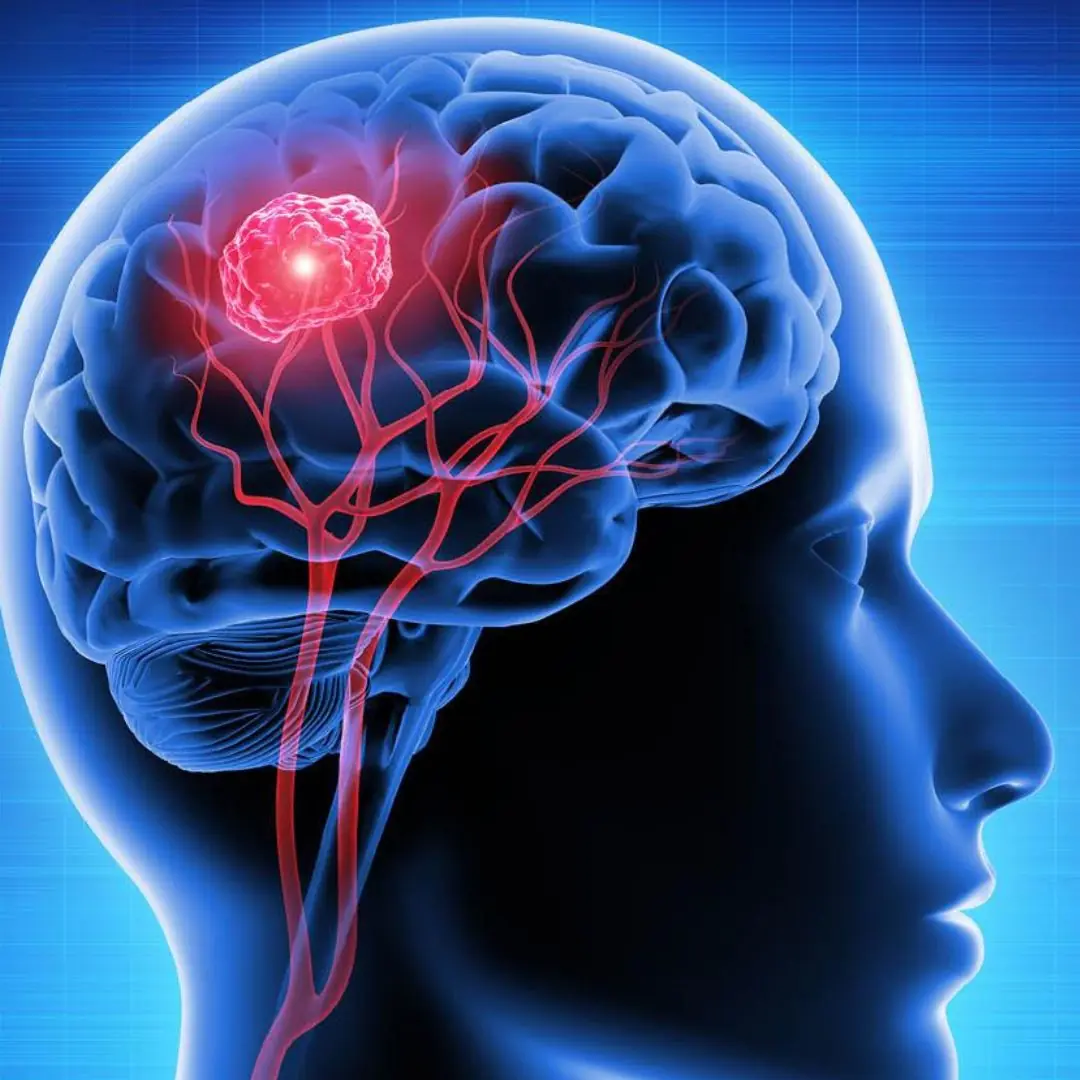
7 signs of brain c.a.ncer that are easily confused with other diseases

4 Things to Avoid After 5 PM to Lower Your Risk of Stro.ke
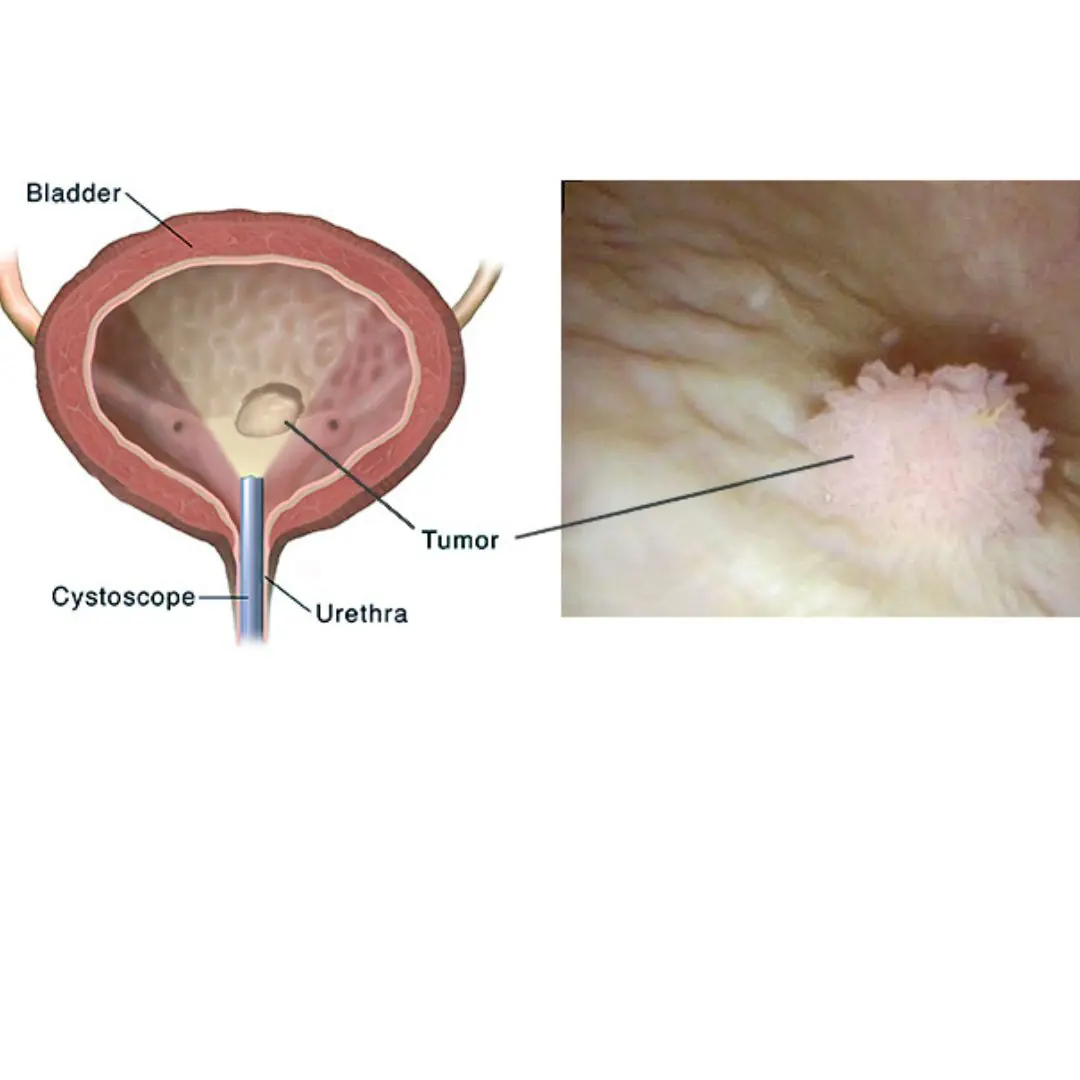
Bladder Ca.ncer: Symptoms You Shouldn’t Ignore
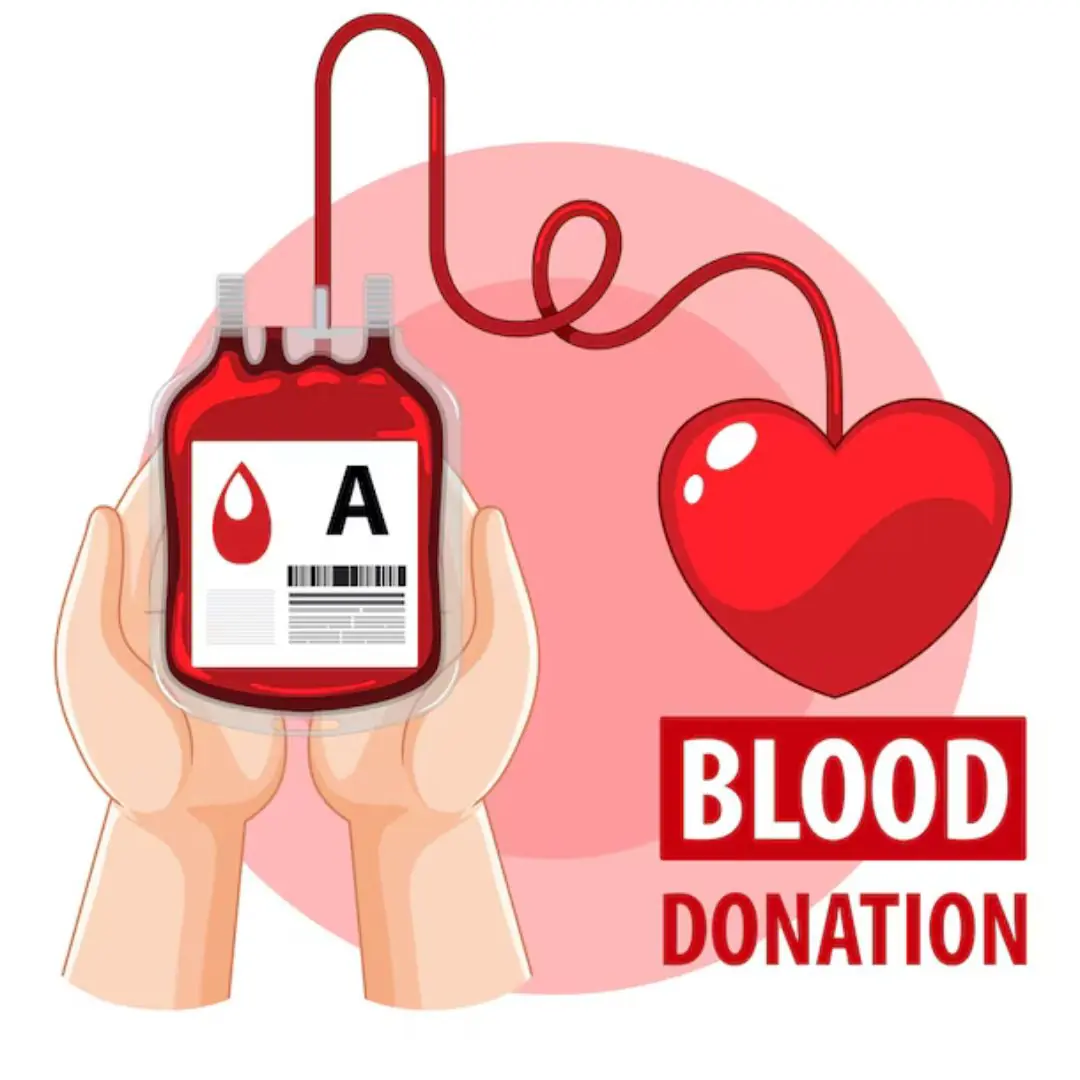
The Surprising Benefits of Donating Bl.o.od
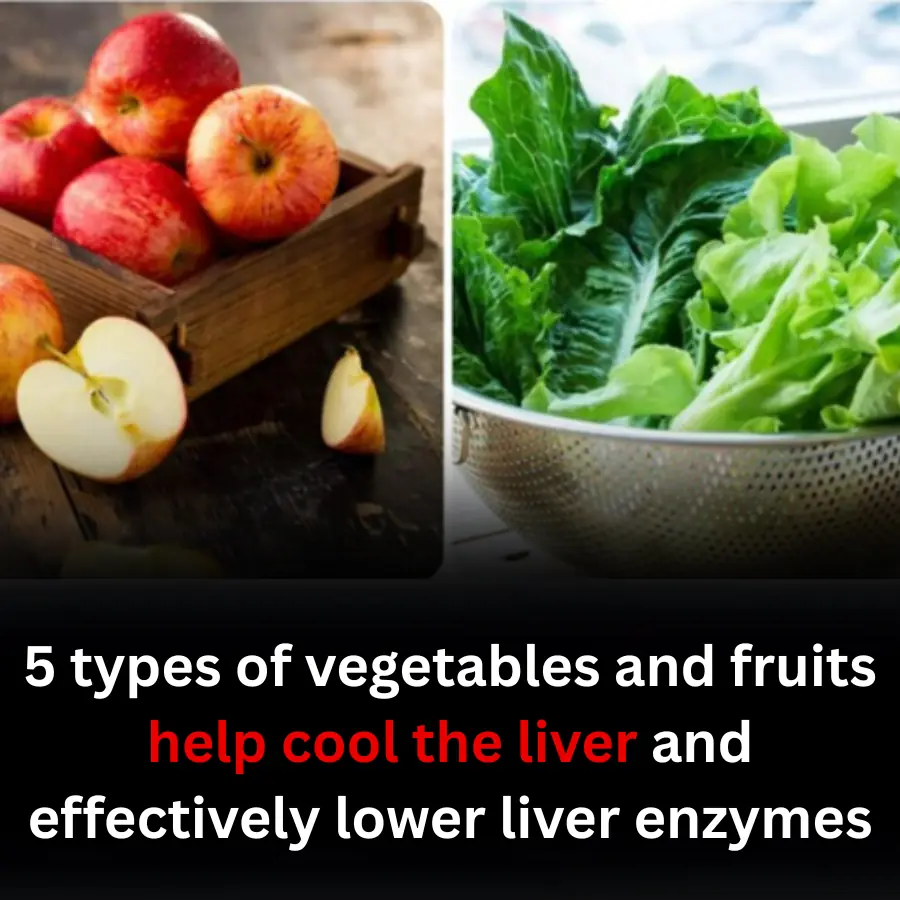
5 types of vegetables and fruits help cool the liver and effectively lower liver enzymes
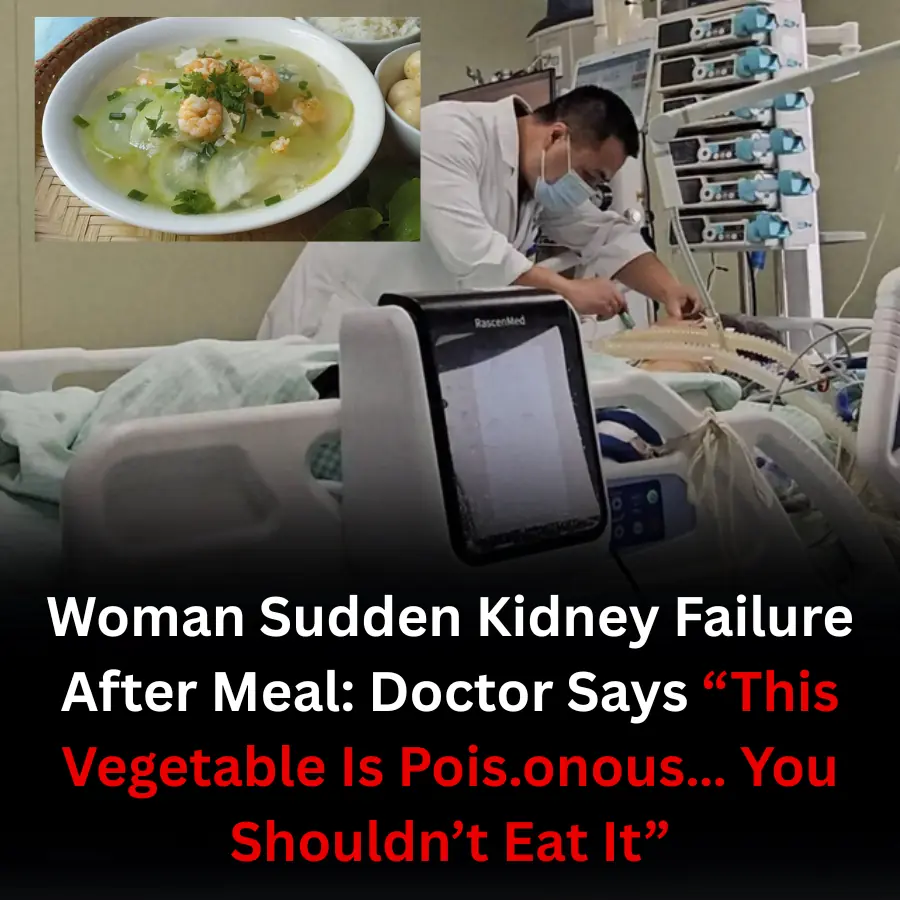
Woman Sudden Kidney Failure After Meal: Doctor Says “This Vegetable Is Poisonous… You Shouldn’t Eat It”
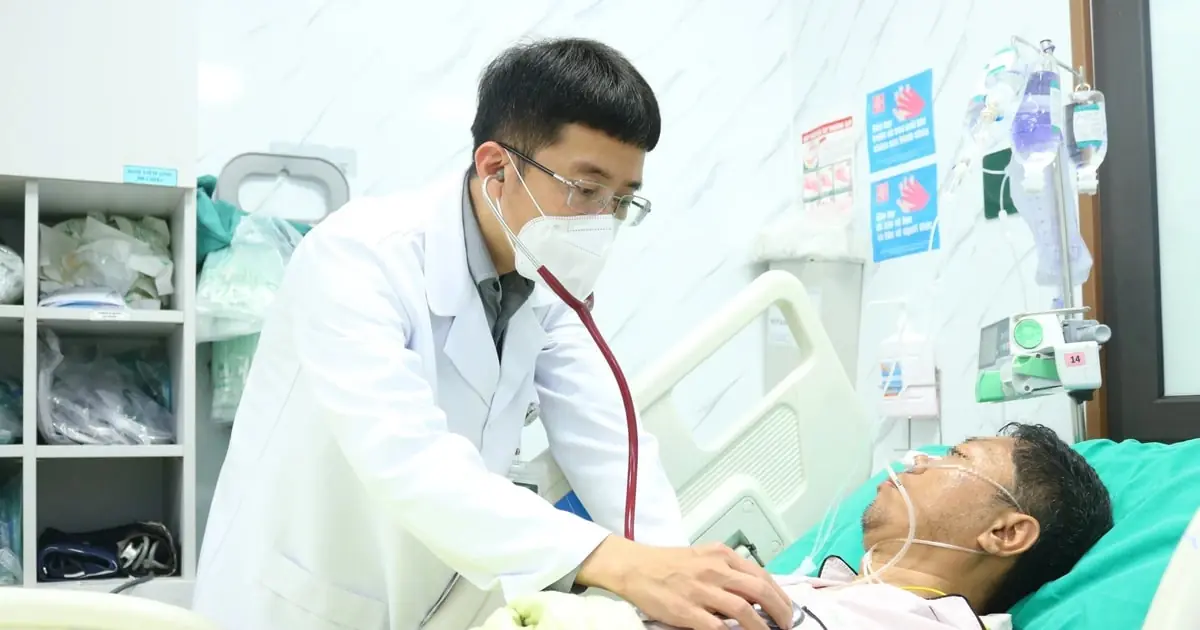
3 Critical Mistakes You Must Never Make with a Stro.ke Victim — Regret Won’t Undo the Damage
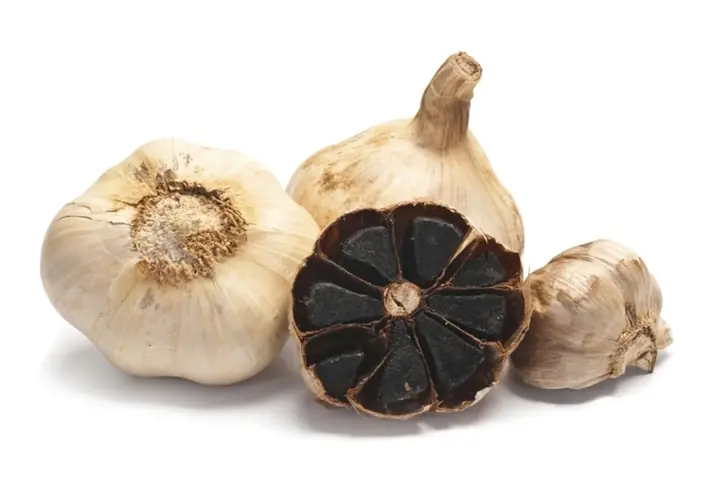
Shocking Truth: Black Garlic Isn’t for Everyone — 5 Types of People Who Should Avoid or Limit It Immediately
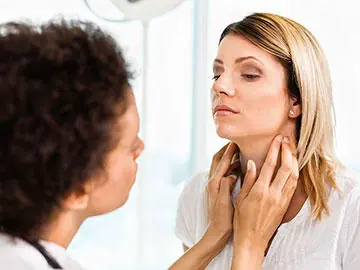
5 Early Warning Signs Your Body May Be Signaling Can.cer — See a Doctor Before It’s Too Late
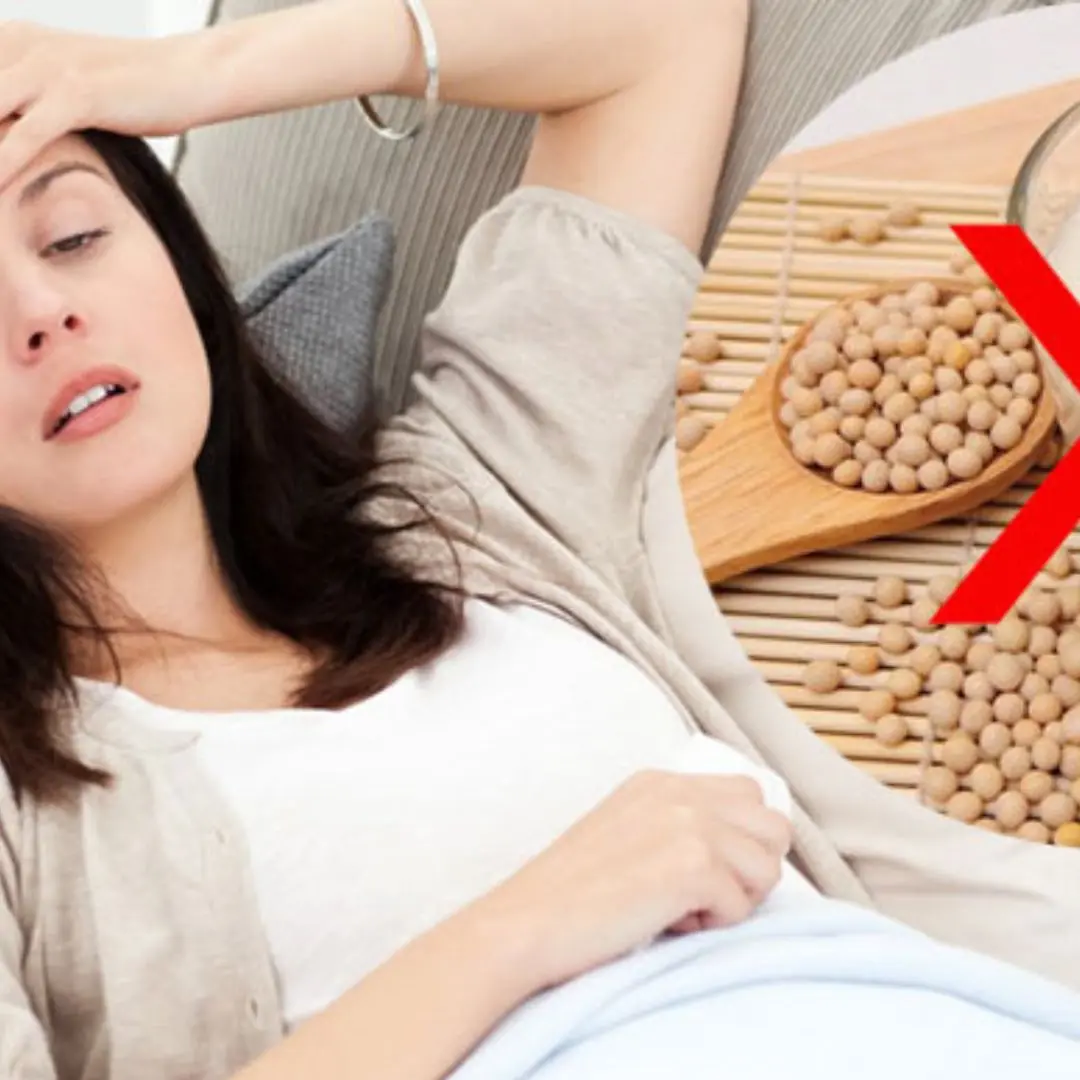
Who should not drink soy milk? 6 things to remember
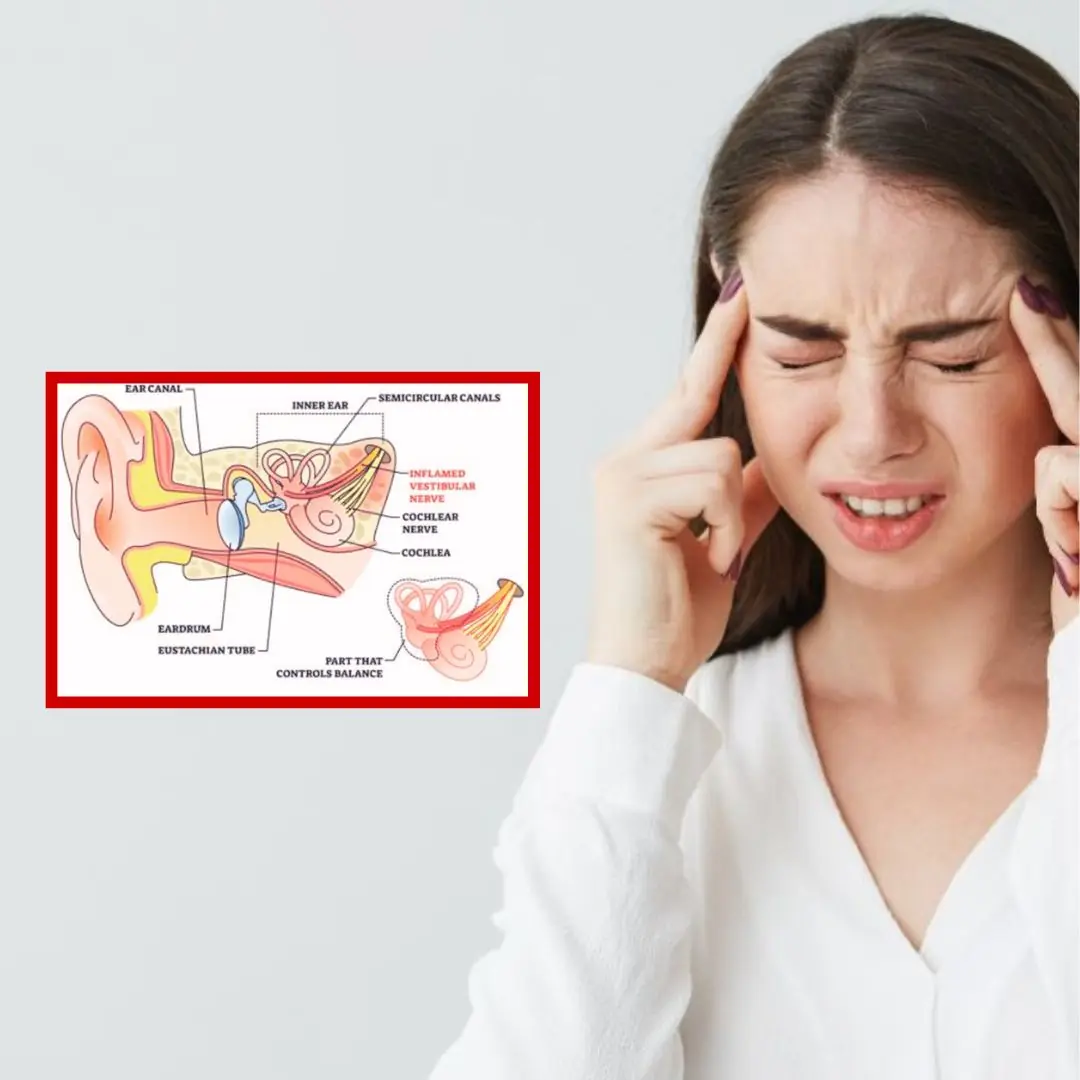
Understanding Vestibular Disorders: Causes, Symptoms, and How They're Treated
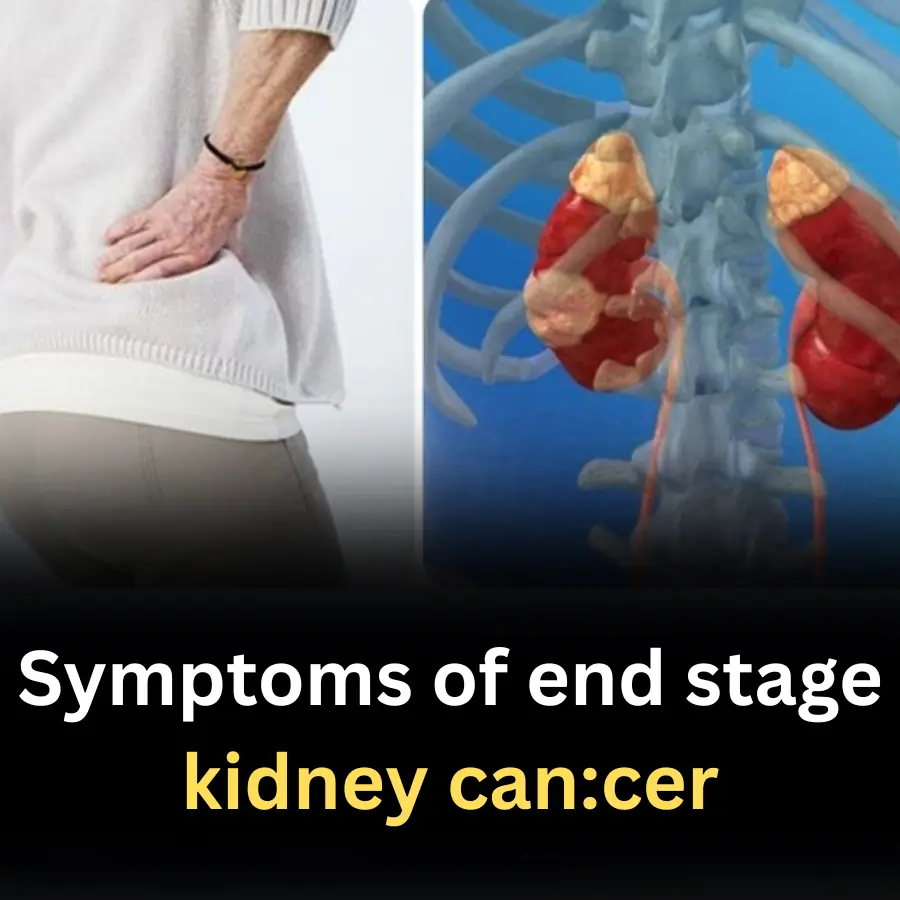
Symptoms of end stage kidney can,cer
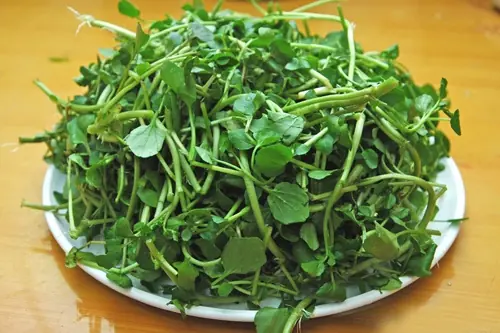
4 best vegetables to help prevent canc.er
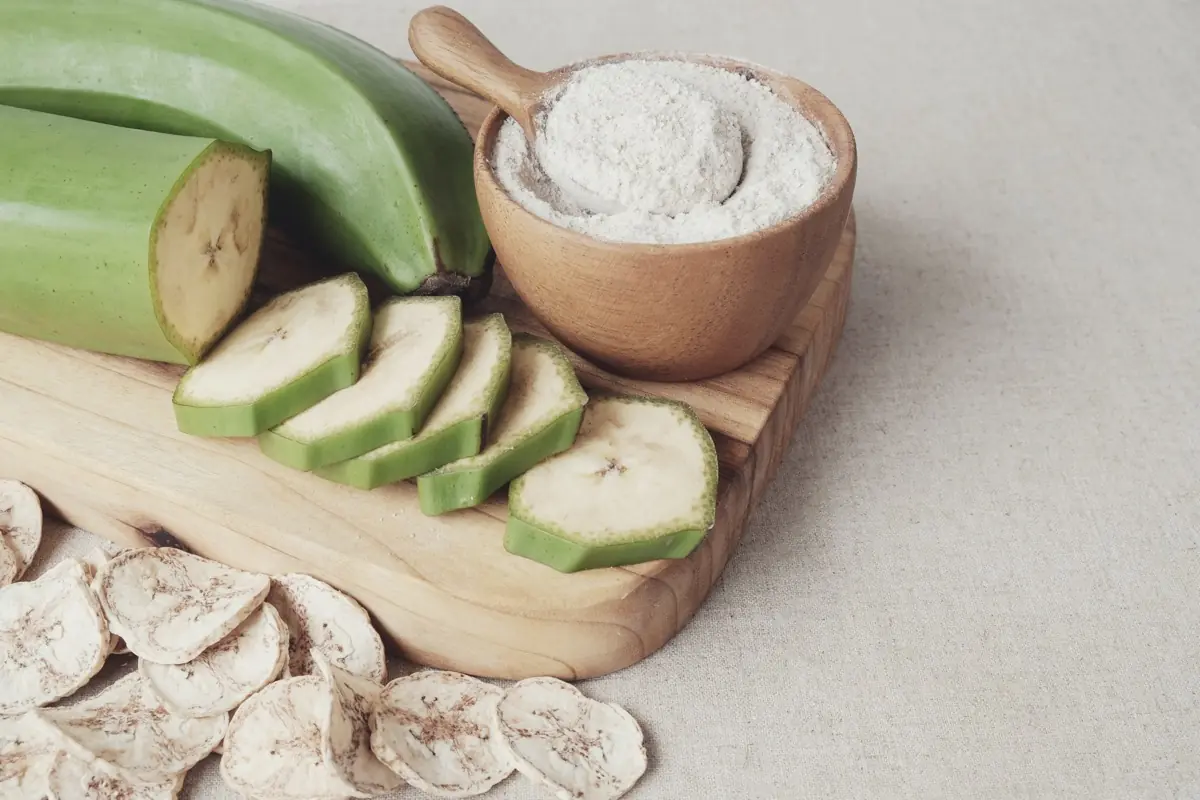
This fruit is extremely high in starch but helps reduce blood sugar and prevent 5 types of can.cer
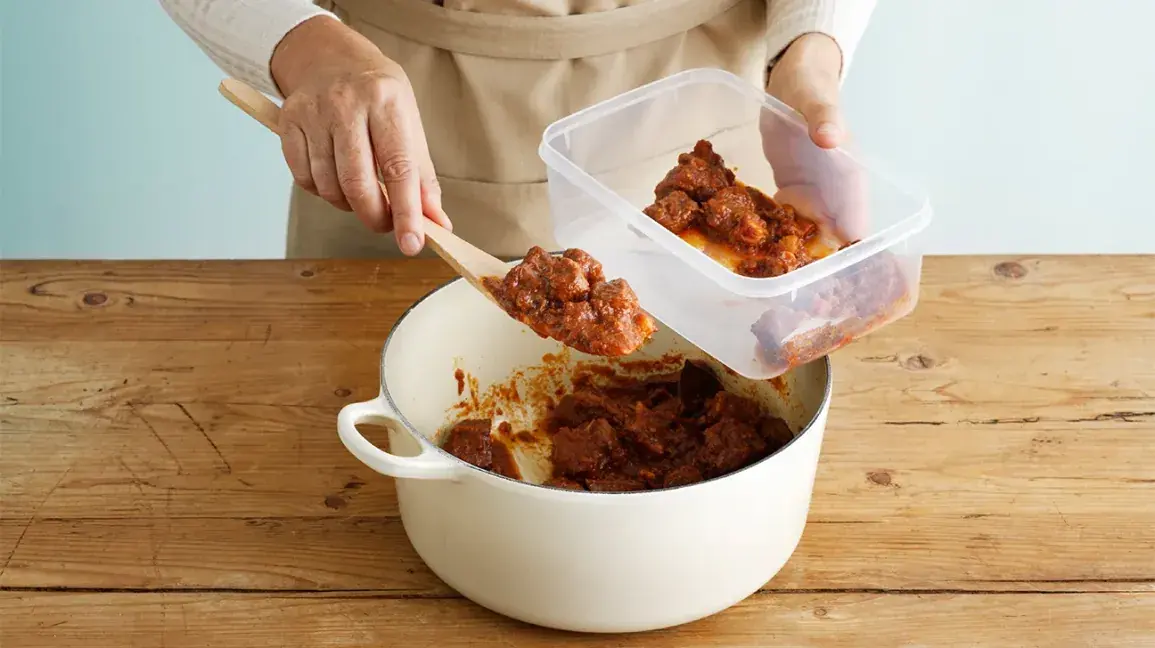
These 3 “Frugal” Habits Are Actually Selling Out Your Health
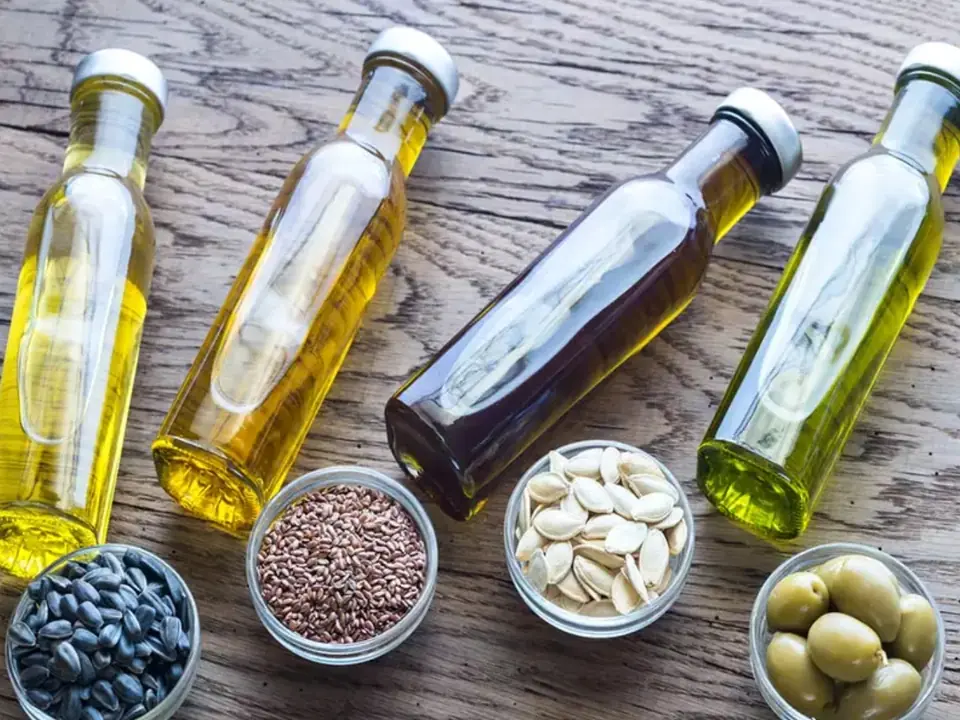
Types of cooking oils that are good for the heart
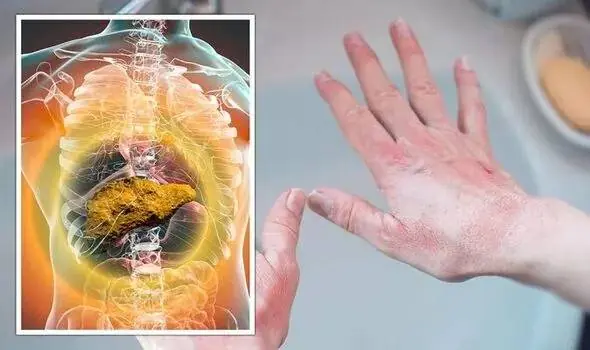
When Your Li.ver Is “Drenched” in Fat, Your Body Sends 5 Nighttime Warnings
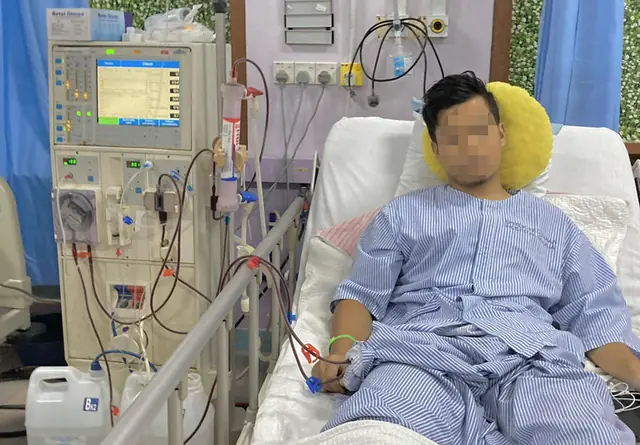
Man Diagnosed with Kid.ney Failure from 3 "Tasty" Foods
News Post
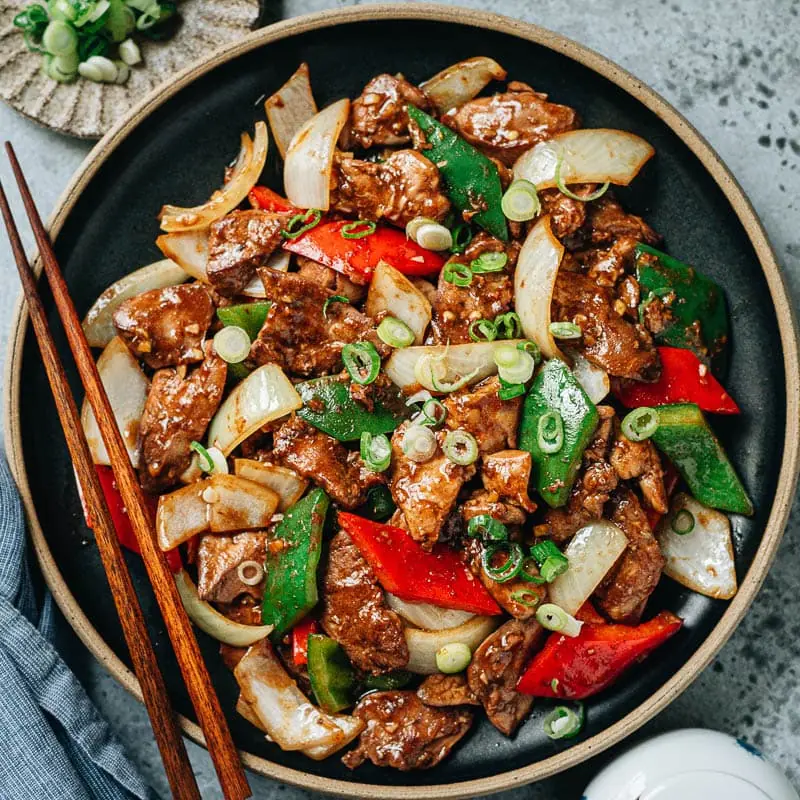
The Most Nutritious Part of the Chicken—“Pricier than Gold” Yet Often Thrown Away by Home Cooks

Doctor Urges 4 Actions to Protect Your Body’s "Blo.od Filter"
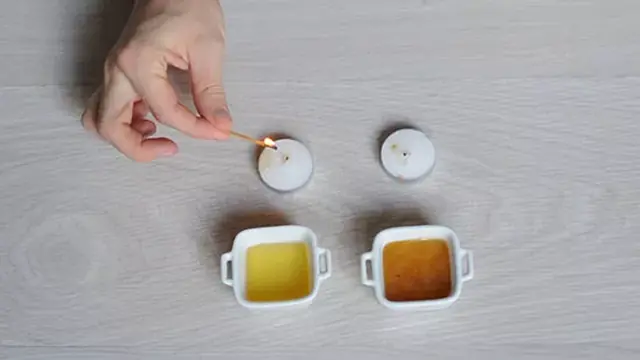
6 Smart Tips for Choosing Quality Honey Sellers Don’t Want You to Know

Can overly hot baths harm your heart and circulation?

7 signs of brain c.a.ncer that are easily confused with other diseases

4 Things to Avoid After 5 PM to Lower Your Risk of Stro.ke
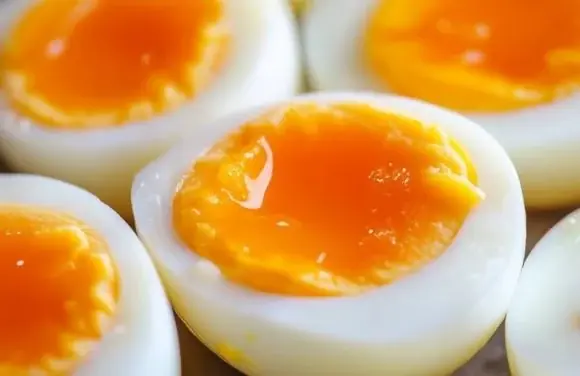
Doctors Warn: This Common Way of Eating Boiled Eggs Can Clog Your Arteries
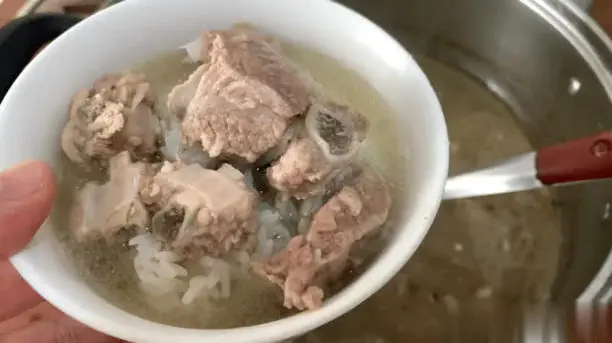
Blanch Bones First or Simmer Directly?
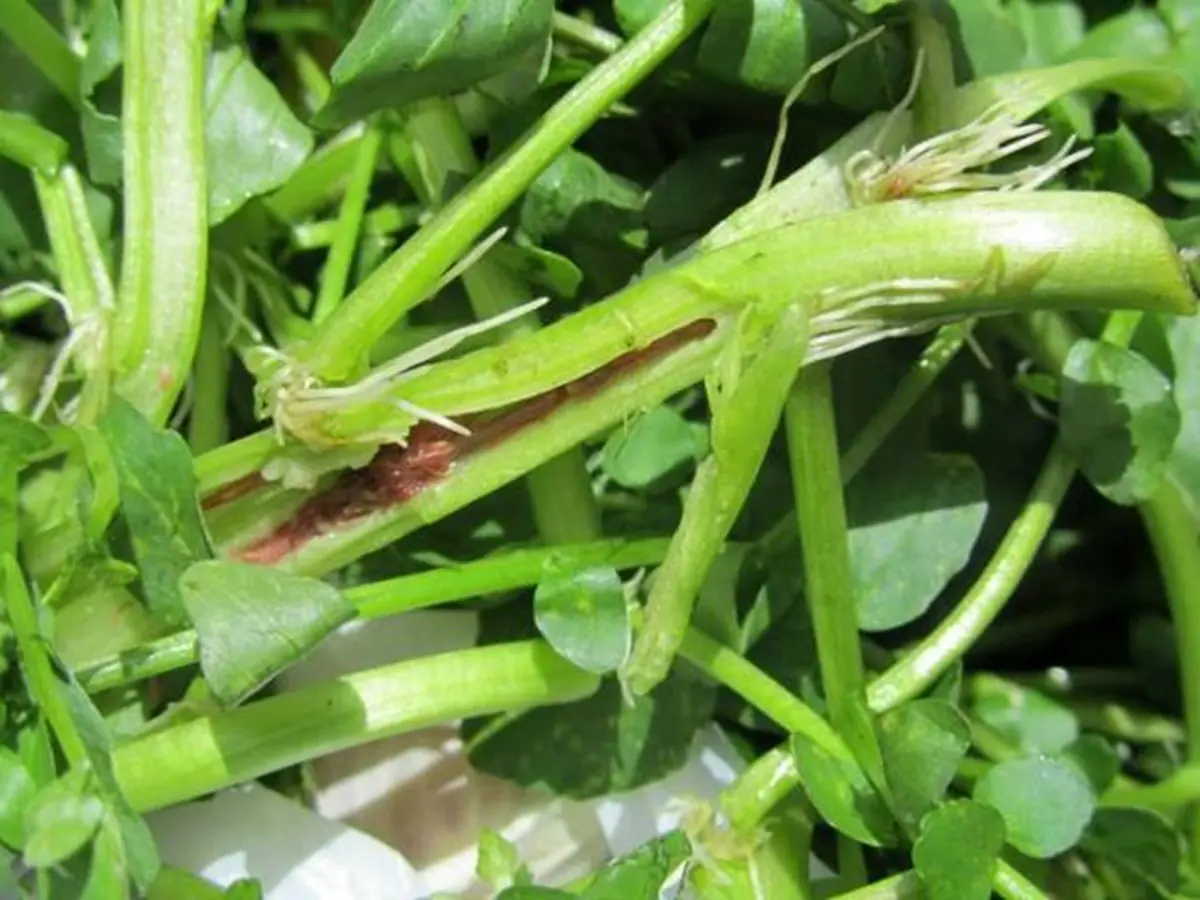
2 Common Vegetables That Can Harbor Parasites
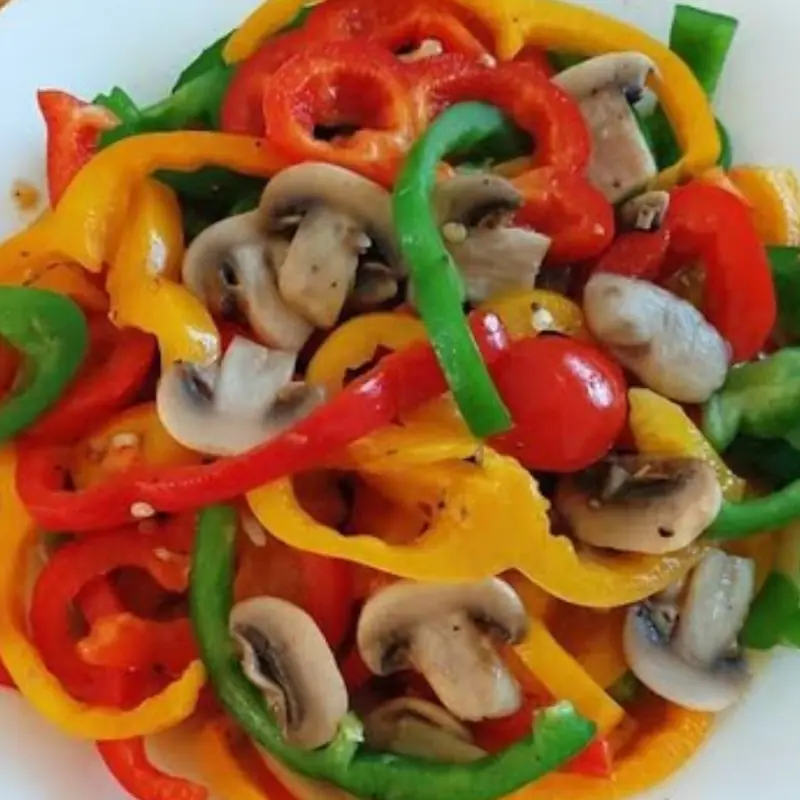
The 'Vitamin C King' of the Vegetable World

Avoid Swimming If You Spot 'Square Waves'
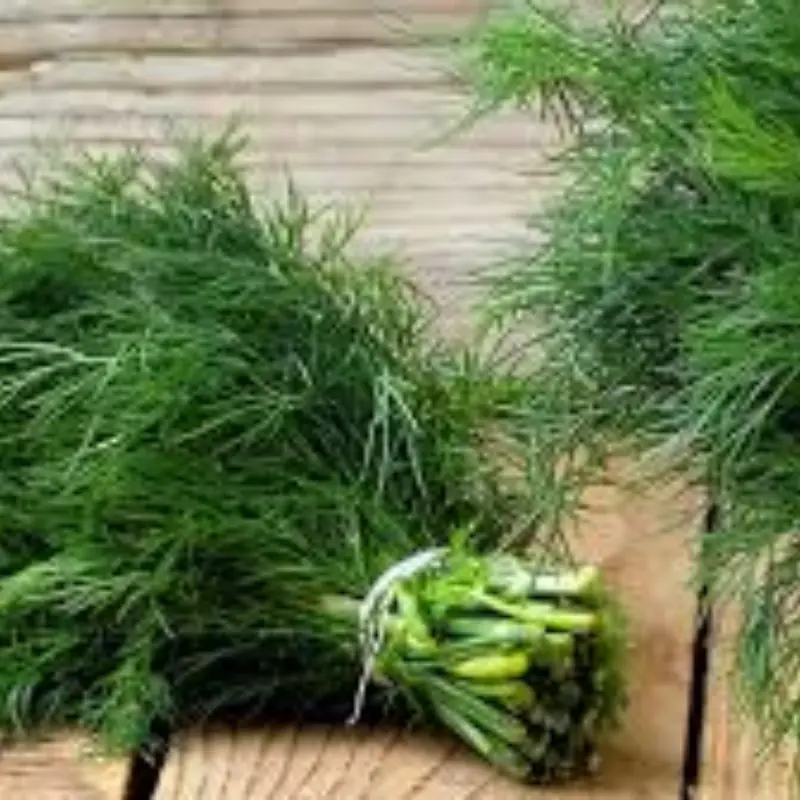
3 Green Vegetables Called the “King” of Sto.mach Protection
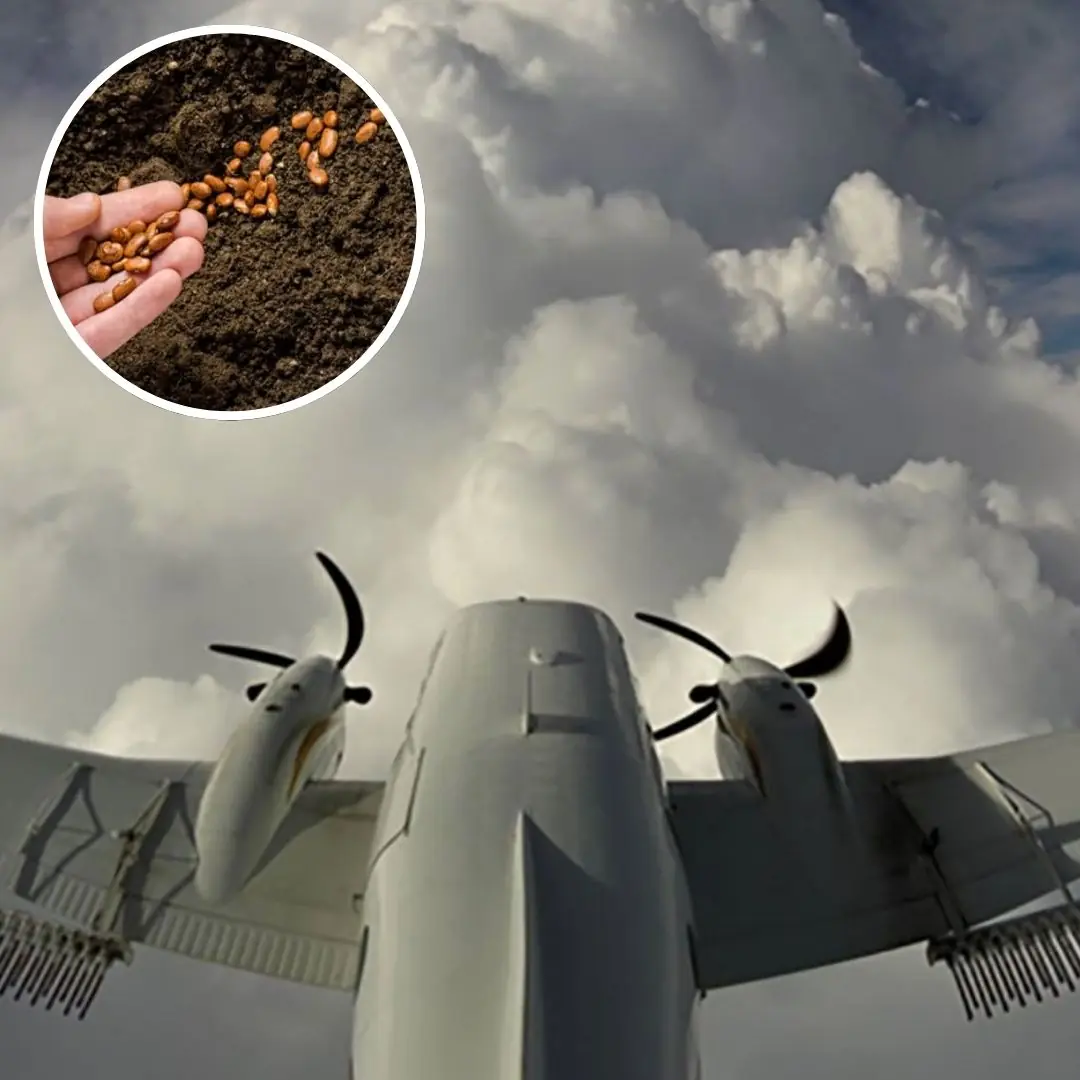
Why You Should Not Bring Seeds on a Plane: A Detailed Explanation

Bladder Ca.ncer: Symptoms You Shouldn’t Ignore
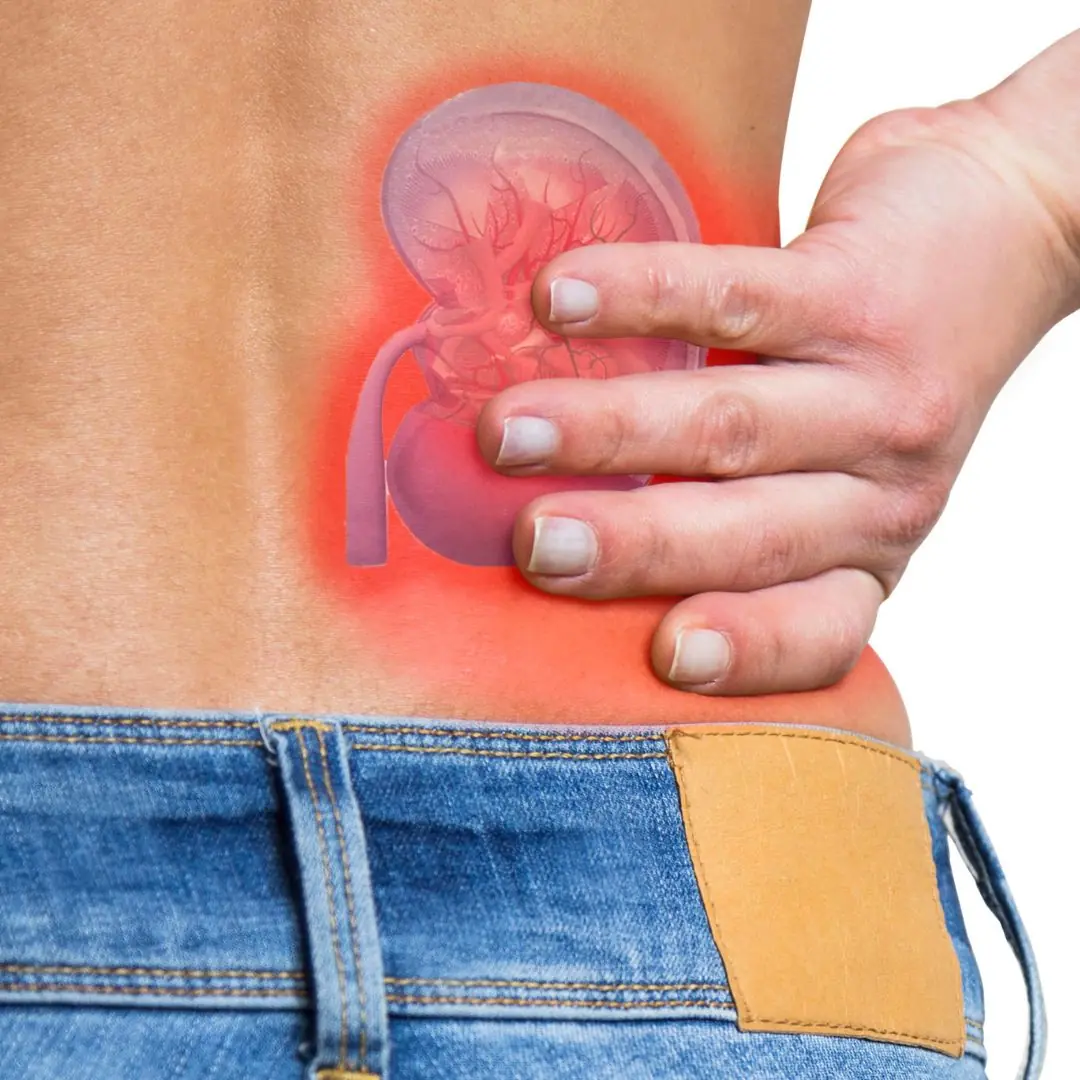
4 Healing Drinks to Prevent and Dissolve Kidney Stones

10 Powerful Reasons a Simple Smile Can Change Your Life

The Surprising Benefits of Donating Bl.o.od

5 types of vegetables and fruits help cool the liver and effectively lower liver enzymes
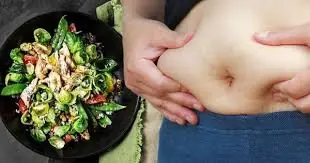
Top vegetable to help reduce visceral fat extremely effectively, nutritionist reveals 4 more easy ways to lose weight
